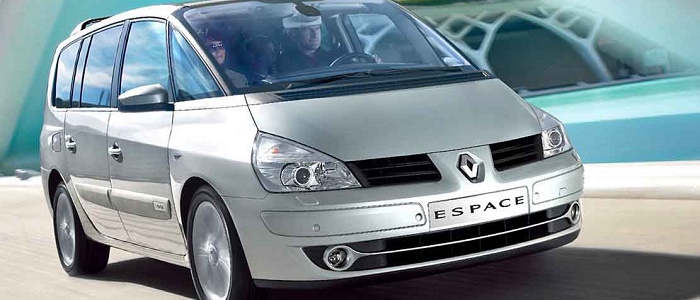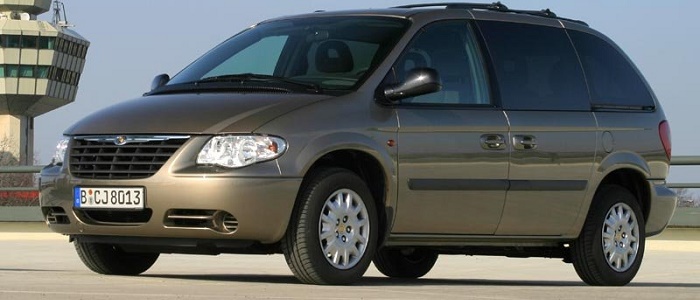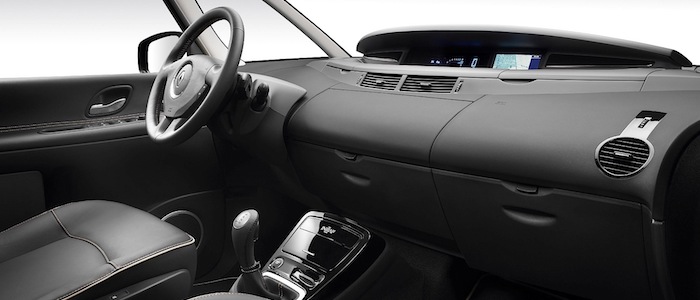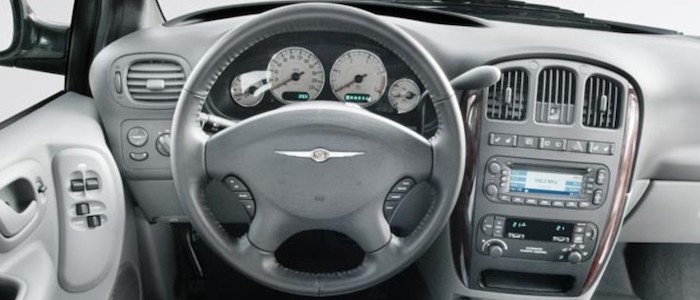Compare two cars
Compare any two cars and get our Virtual Adviser™ opinion
Dimensons & Outlines
Engine
Performance (manual gearbox)
Performance (automatic gearbox)
Expenses
Virtual Adviser's™ opinion
Well, these are two pretty similar cars we have here! It's only details that could potentially make the difference. Considering they both belong to the mpv segment and utilize the same 5-door MPV body style and the front wheel drive system, it all comes up to the specific diesel engine choice they offer. The first one has a Renault-engineered powertrain under the hood, a 4-cylinder, 16-valves 139hp unit, while the other one gets its power and torque from a 4-cylinder, 16-valves 140hp engine designed by VM Motori.
SafetyThe first thing to look into here would be the results from European New Car Assessment Programme (Euro NCAP) tests performed on the two cars. Good thing is that both vehicles got tested, with the Renault showing an incomparably higher level of safety offered. That aside, let's consider some other aspects which affect safety. Both vehicles belong to the mpv segment, which is generally a good thing safety-wise, but it doesn't do much to help us decide between the two. On the other hand, when it comes to weight, a factor that most people underestimate, the American car offers a considerable difference of 11% more metal.
ReliabilityManufacturers have been building their reliability reputation for decades now and, generally speaking, it appears that Renault is significantly less fault-prone, at least on all of the models level. These are the official statistics, while our visitors describe reliability of Renault with an average rating of 4.2, and models under the Chrysler badge with 4.4 out of 5. Independent research findings rank Espace as average reliability-wise, and Voyager is more or less at the same level.That apart, owners of different cars powered by the same engine as the French car rank it on average as 3.0, while the one under the competitor's bonnet gets 4.3 out of 5.
Performance & Fuel economyChrysler is undoubtly more agile, reaching 100km/h in 2 seconds less than its competitor. In addition to that it accelerates all the way to 185 kilometers per hour, exactly the same as the other car does. When it comes to fuel economy the winner has to be the American car, averaging around 7.7 liters of fuel per 100 kilometers (37 mpg), in combined cycle. We can't ignore that 19% difference compared to the French car.
Verdict
Renault appears just a bit more reliable, although the difference is truly marginal. The most important thing when deciding between any two vehicles should always be safety, both passive and active. In my opinion, everything taken into account, the French car beats the other contender by far, making it the best choice without even considering other things. From there things take a different direction, with Chrysler being considerably quicker, thus putting more smile on driver's face. To make things even better, it consumps less fuel! It's really tough to make a final decision here, but if I'd need to, I'd say Chrysler. Anyway, that's the most objective conclusion I could've came up with and it's based solely on the information found on this website. Aspects such as design, practicality, brand value and driving experience are there for you to measure them out. Also, you could use the oportunity to find out which car, everything taken into account, would be the perfect choice for you in the eyes of the virtual adviser™, among more than 12.000 different ones in our database.


































